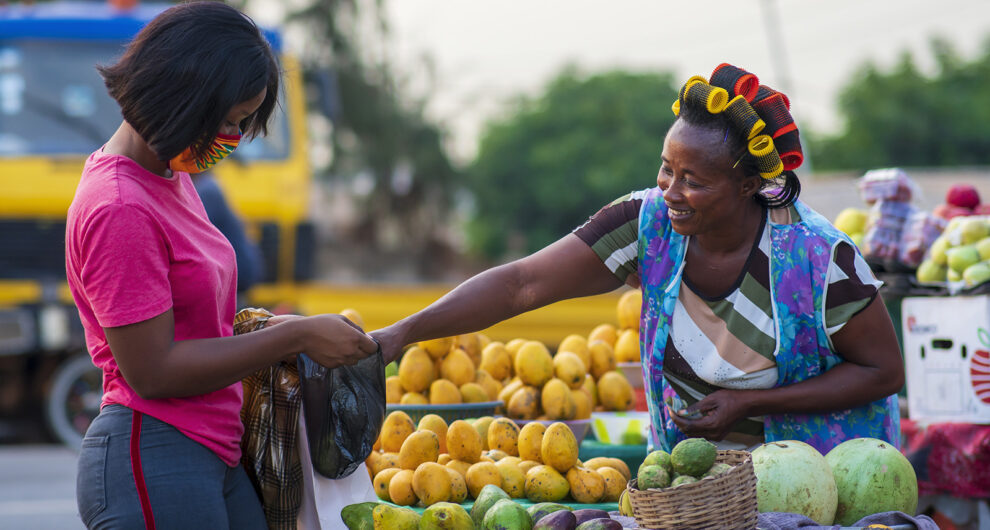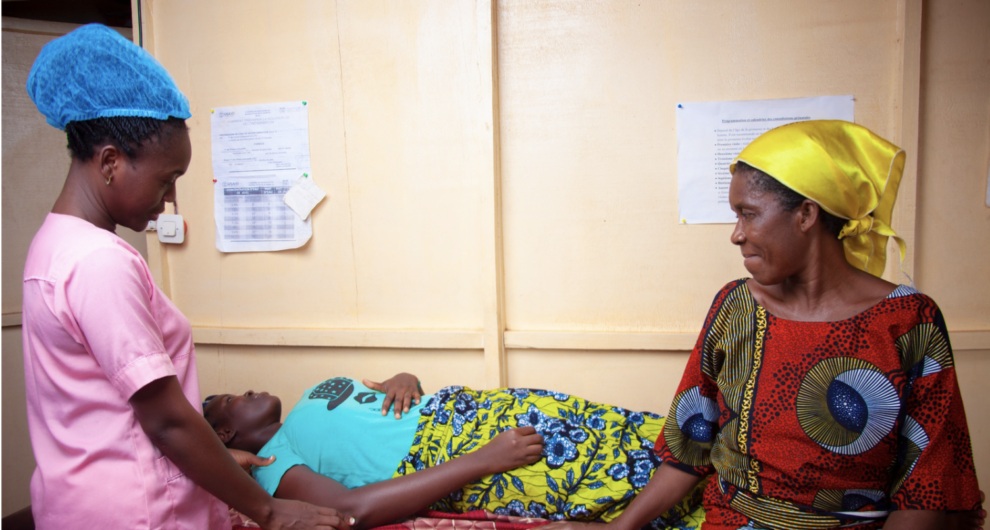Women’s Economic Empowerment (WEE)



Despite economic growth across the continent, gender equality remains elusive. The prevalence of informal economies, gender wage gaps, and unequal access to resources continues to impede progress. Many women are confined to low-paying, unstable jobs without social protection or access to financial resources. Macro-level policies often fail to consider the unique needs of women, perpetuating inequalities.
The Women’s Economic Empowerment (WEE) programme is designed to reshape the landscape through evidence-driven insights, policy advocacy, and partnerships that empower women at all levels. By identifying gaps in current efforts, harnessing opportunities, and fostering collaborations, we are committed to advancing gender-responsive macroeconomic policies.
The programme’s core focus is to address the structural challenges obstructing women’s economic advancement, with a primary emphasis on the informal economy. This sector employs a substantial portion of Africa’s female workforce and holds immense potential for fostering women’s agency, entrepreneurship, and sustainable livelihoods.
Research
We will conduct a landscape study and a systematic review to generate robust information on the status of women’s economic empowerment in Africa focusing on the informal sector and structural bottlenecks that affect women’s economic empowerment, including unpaid care, informal work, social protection, and tax justice. AFIDEP will leverage its unique position in Africa’s research and policy landscape to generate and synthesise evidence and advocate for its application and adoption in gender-responsive macroeconomic policies across Africa, especially in East and West Africa.
Strategic Partnerships
AFIDEP will nurture key partnerships to promote the findings of the landscape analysis and systematic review and support evidence-informed macroecnomic policies that empower women.
AFIDEP’s approach emphasises collaborating with policymakers in the two target countries to co-create and co-implement the WEE programme. This approach ensures ownership, alignment with government priorities, and sustainability of the programme interventions.
AFIDEP already has extensive partnerships with various stakeholders involved in WEE, including government agencies, parliamentarians, funders, research organisations and advocacy groups. We will also actively seek opportunities to participate in communities of practice, technical working groups and decision-making platforms at both the national and regional levels. AFIDEP will join relevant events organised by various stakeholders to contribute to ongoing discussions and decision-making.
Co-creation of the WEE programme
Using the evidence generated from the research and through leveraging the strategic partnerships, we will conduct three activities to co-create and validate the WEE programme. This will ensure the proposed programme responds to the needs and priorities of key stakeholders and has support from policymakers from the onset.
- Country-level co-creation: We will convene key policymakers (including government ministries of planning, finance, and gender), and other key stakeholders and experts to facilitate the co-creation of a country-level WEE programme for each of the two countries of focus.
- Regional-level co-creation: We will convene key regional policymakers including representatives from regional economic communities and the African Union), as well as other stakeholders and experts to facilitate the co-creation of the regional component of the programme.
- Expert review: Drawing from partnership co-creation efforts, we will form a Technical Expert Advisory Group, which will review and provide deep insights on country-level and regional-level work). This group will be providing critical technical insights to inform programme implementation, monitoring, evaluation and learning.
Result 1: Uptake of macroeconomic policy solutions that promote gender equity and equality by African governments
Result 2: Strengthened champions and advocacy for macroeconomic policy that promote gender equity and equality
Key Details
| Dates: | July 2023 to Present |
| Aim: | Women’s Economic Empowerment (WEE) Program is dedicated to catalysing transformational change in the realm of gender-responsive macroeconomic policy. Our mission is to shatter persistent barriers that hinder women’s equitable participation in economic activities across Africa. Through evidence-driven policy solutions, strategic partnerships, and advocacy, we strive to create a future where women’s economic empowerment is not just a goal, but a reality. |
| Where: | Africa , Kenya |
| Principal Investigator: | Rose N. Oronje, Ph.D. |

